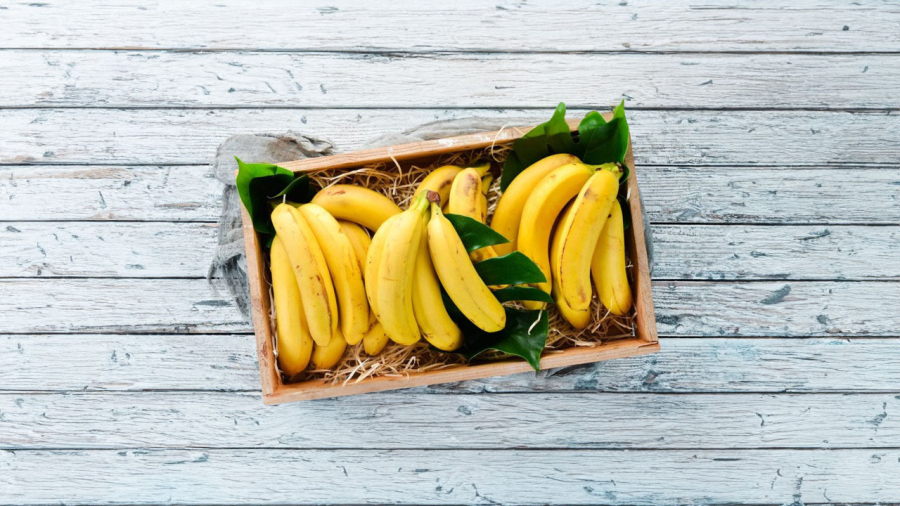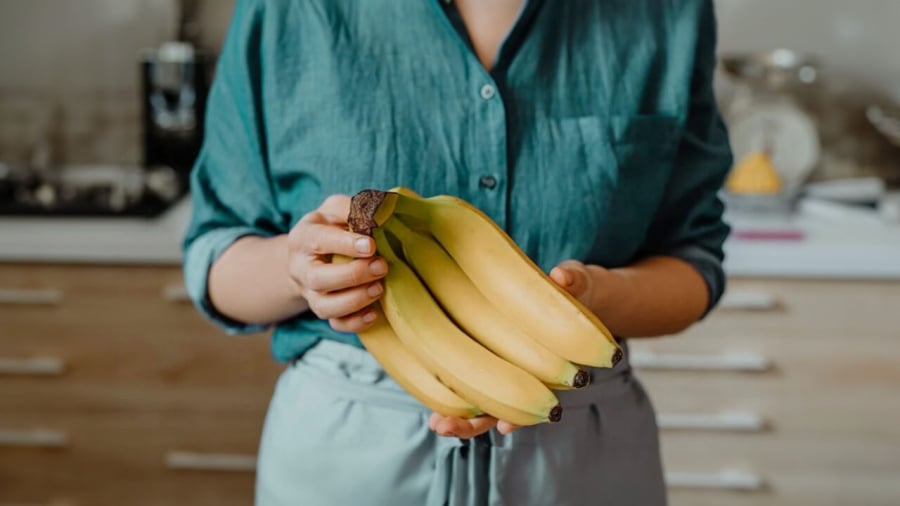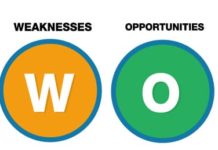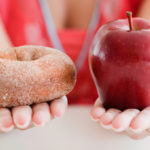Bananas are a popular fruit in Vietnam, sold at a cheap price and loved by many. Scientists recommend bananas as a healthy fruit because they are rich in fiber, potassium, and vitamins. Bananas help improve digestion, metabolism, aid in weight loss, and prevent constipation.
Bananas are delicious and easy to eat, suitable for both young and old. They are rich in fiber, potassium, vitamin B6, vitamin C, and various plant-based antioxidants and nutrients. Every 100g of banana contains about 89 calories, 1.1g of protein, 23g of starch, 12g of sugar, 2.6g of fiber, and 0.3g of fat. Therefore, many experts recommend that people who are healthy should actively consume bananas because they are cholesterol-free, rich in complex carbohydrates and vitamin B6. Eating bananas helps increase energy and promotes overall health.

However, there are some groups of people who should not consume a lot of bananas:
People with kidney disease:
Bananas contain a high amount of fiber, potassium, and vitamins. People with kidney disease, stomach pain, or are currently taking certain medications should avoid eating bananas as it may interfere with the treatment process. Additionally, bananas, especially those high in potassium, can put pressure on the kidneys.
People with stomach pain:
Although bananas are good for digestion, they contain some components that are difficult to absorb, such as fructose, sorbitol, and soluble fiber, which are not suitable for people with digestive problems.
Bananas can also cause bloating due to their fiber content and can ferment into alcohol after consumption. While soluble fiber is always mentioned as an essential nutrient in the diet, consuming too much can cause bloating immediately afterward.
Therefore, when eating bananas, it is advisable to consume half a fruit at a time and not consume too many on a daily basis. People with stomach issues should also pay attention to eating ripe bananas instead of unripe ones as they contain more resin and resistant starch, which are harder to digest.

People taking certain medications:
Nutrition expert Melendez-Klinger advises, “Certain medications interact with food. Therefore, you should ask your doctor or nutritionist to see if any medications you are taking may interact with bananas.” Bananas can inhibit the conversion of certain medications such as lisinopril, enalapril, or ramipril and spironolactone. According to Harvard Medical School, these medications will increase the blood potassium level.
People with empty stomachs:
It is not advisable to eat bananas on an empty stomach as they can cause acidity. Bananas contain acid, so when the stomach is empty, they will increase stomach acid secretion. Therefore, eating bananas on an empty stomach can exacerbate digestive issues. Additionally, bananas are rich in potassium and magnesium, so eating them on an empty stomach and consuming too many can lead to excess levels of these nutrients in the blood, which can be harmful to the heart.
Therefore, while bananas are a healthy food, people with the above mentioned conditions should be cautious when consuming them and limit the consumption of a large amount of bananas at once.




































